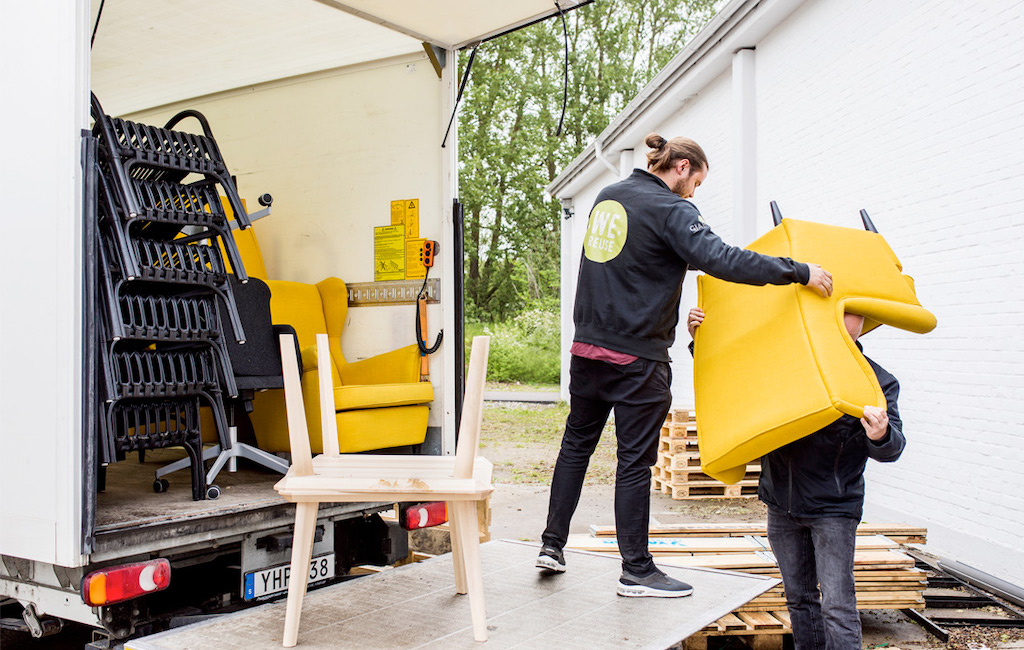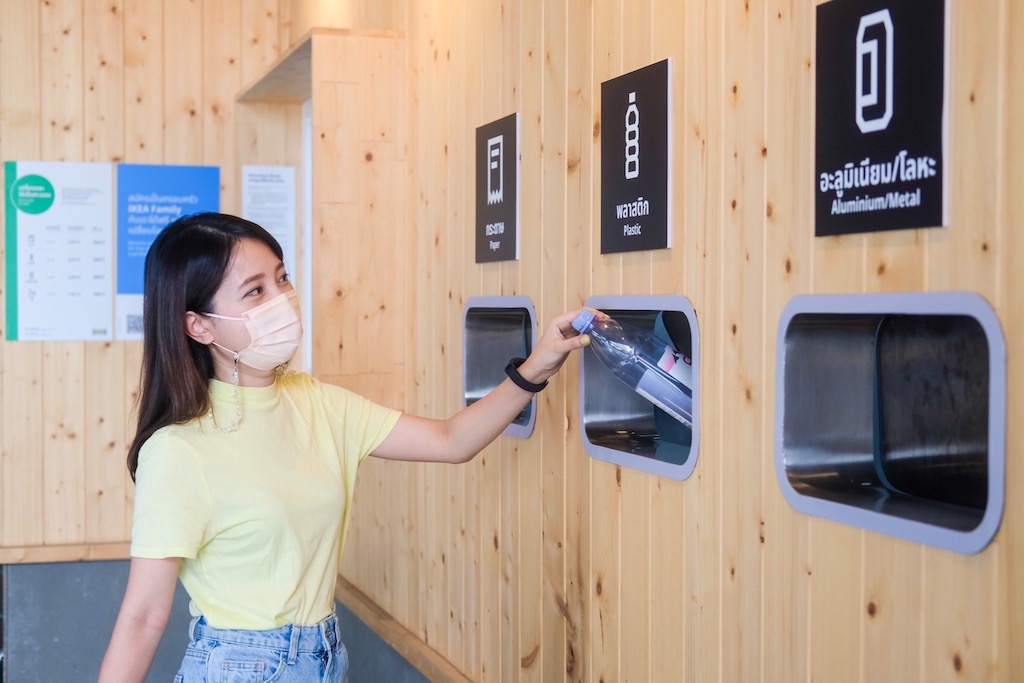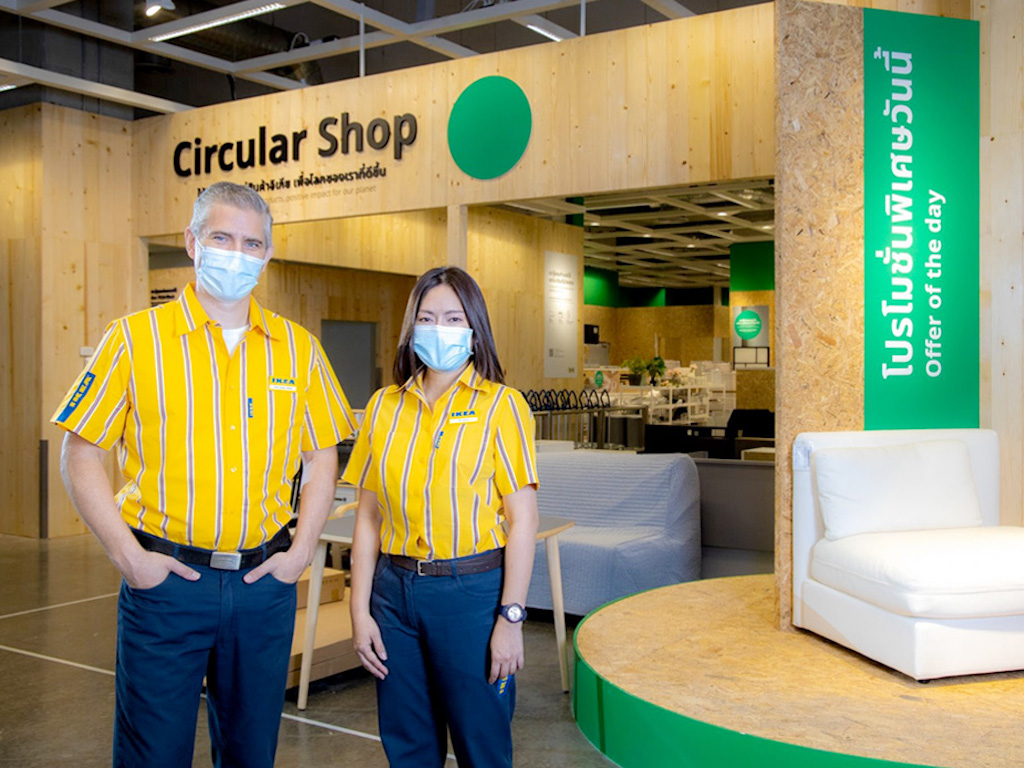3 Mins Read
As part of IKEA’s global push to become a more sustainable business, it has turned one of its outlets in Thailand into a circular store. At IKEA Bang Yai, customers can shop secondhand furniture, bring their preloved items in for resale, and earn points by sorting and recycling their waste for collection.
IKEA Thailand has just transformed one of its outlets into a circular store. Filled with resale and preloved furniture and fitted with a recycling station, IKEA Bang Yai is now the country’s first to adopt IKEA’s global Circular Store concept. It is part of the Swedish furnishing giant’s pledge to become a fully circular business by 2030.
IKEA Thailand’s Circular Store

IKEA Thailand, which is operated by Ikano Private Limited who also runs the franchise in Singapore and Malaysia, says the company has already been adopting new strategies to lower its waste, but customers are now seeking even more circular options.
It’s why the firm has now chosen to turn IKEA Ban Yai into a circular shop, with services available for customers to purchase used IKEA furniture for a discount, as well as sell their preloved home furnishings. At the recycling centre, customers can bring their recyclable waste, such as paper, aluminium and glass, and drop them off for collection.
In return for bringing in their recyclables, IKEA will reward customers with Family Points. For every 5,000 points collected, customers will receive a 50 Baht voucher to spend in stores.
‘Inviting everyone to join our sustainability journey’

According to IKEA Bang Yai store manager Tom Suter, the initiative hopes to encourage more Thailand consumers to incorporate sustainability into their everyday lifestyles, whether it be giving old furniture a new life and diverting trash from landfills, to increasing recycling efforts.
“IKEA is inviting everyone to join our journey towards sustainability together. We can easily start at home where each individual can contribute to a more circular economy,” he shares. “IKEA will continue to create new services and products for a more sustainable world.”
Other key pledges that IKEA has made globally include turning at least 50% of its in-store menus plant-based by 2025, which will have a huge impact on lowering its food-related emissions. It launched a new vegan Plant Ball last year, which has just 4% of the carbon footprint compared to its traditional meat-based counterpart.
In various markets, IKEA has partnered with domestic vegan food techs to create new plant-based dishes, often with locally inspired flavours, such as IKEA Indonesia’s collaboration with Green Rebel and IKEA Japan with Next Meats.
All images courtesy of IKEA Thailand.




